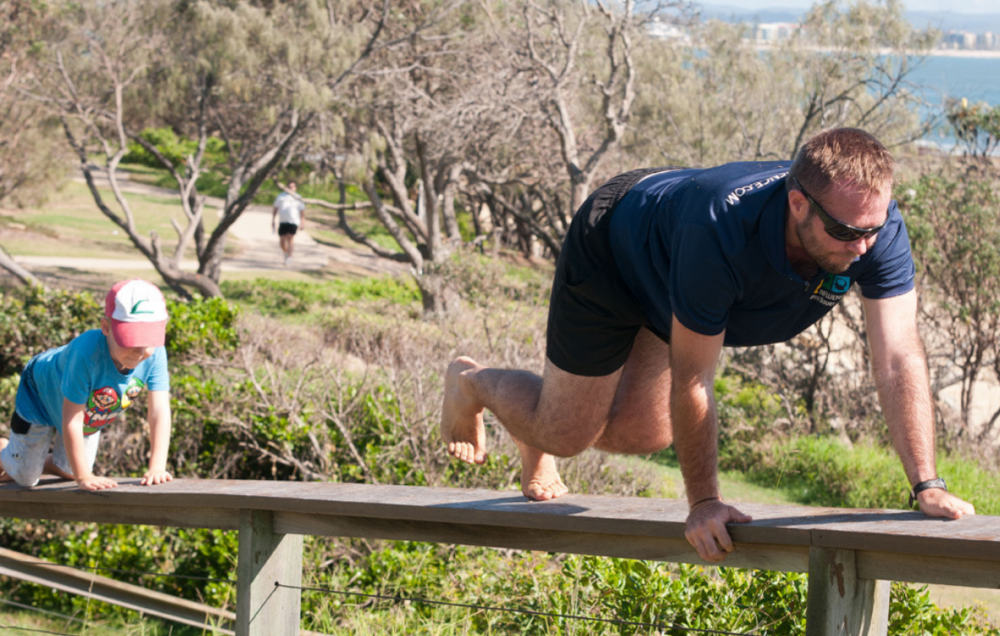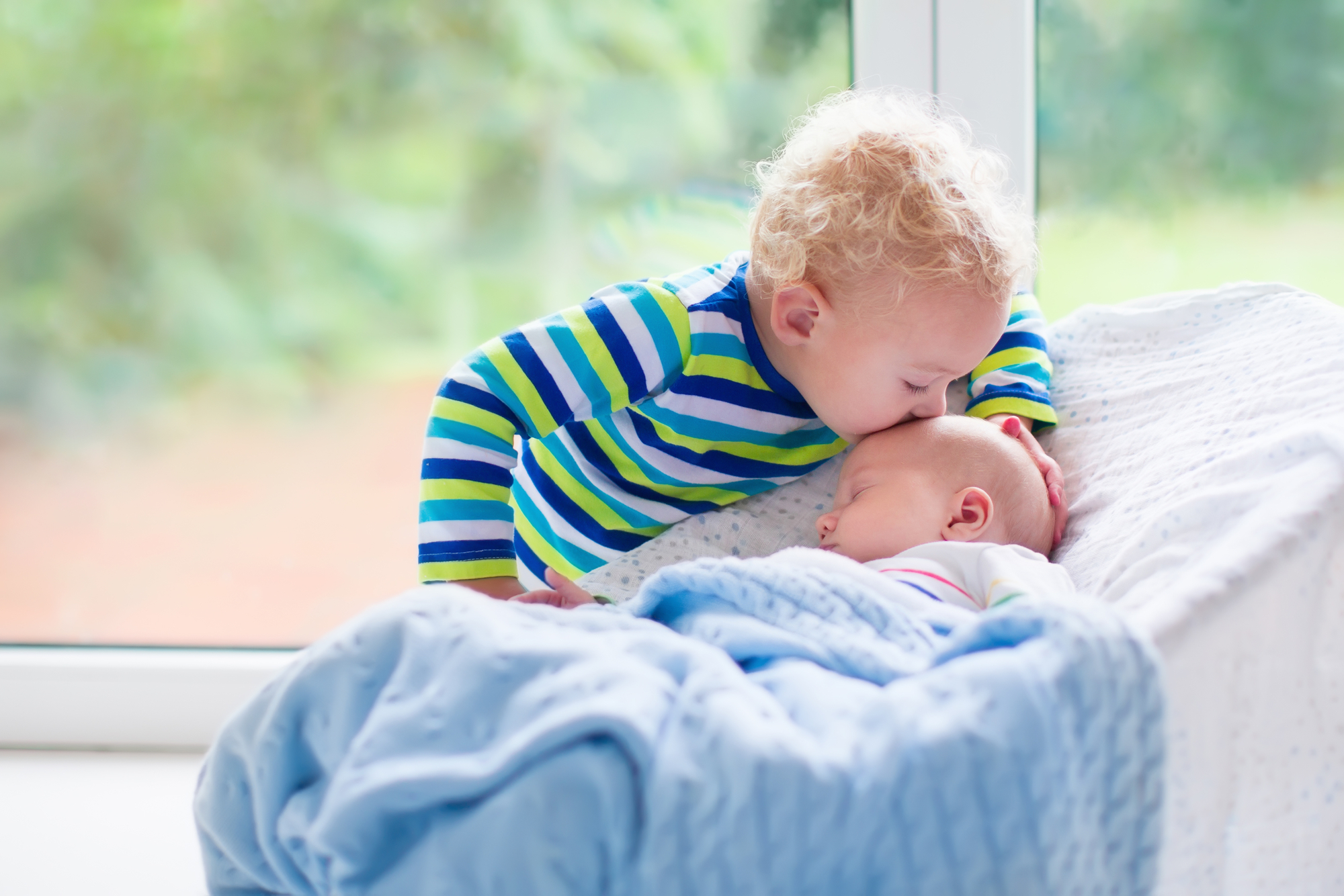Twins Brielle and Kyrie Jackson were born 12 weeks premature in 1995 at the Massachusetts Memorial Hospital. Brielle weighed just two pounds and was blue-faced from crying so much and was struggling with her heart rate. Gayle Kasparian, the young nurse on duty, asked the twins parents, Heidi and Paul Jackson, if she could do something she had never done before. She asked if she could place the struggling Brielle in Kyrie’s incubator. It was a hunch that at the time had no scientific research and had never been done before in the US. Twins were routinely kept in single incubators to avoid any risk of infection. It was then that the unprecedented moment took place. Kyrie, just hours old, wrapped her little arm around her sister. Suddenly, Brielle’s crying reduced to sobs and then to nothing; her heart rate improved, as did her colour. Over the following two months, the Jackson twins put on weight, strengthened their little bodies and went home to live a regular life. Kasparian’s courage to follow her intuition, Brielle’s dramatic improvement and Kyrie’s ‘Rescue Hug’ as it came to be known, changed the way the entire medical profession treats newborns.
Hugs are necessary even if you’re not a hugger
‘Double bedding’ as it is now known has become common practice for newborn twins. But even more powerful than a change in hospital policy is the power of physical touch. The example of the Jackson twins is that of two siblings, however, the ‘failure to thrive’ phenomenon doesn’t just apply to young children; it also applies to adults.
The late Virginia Satir, one of the most respected family therapists ever to live, had a mantra, based on years of research and experience, and it’s one that I use over and over again: “Four hugs a day are necessary for survival, eight are good for maintenance, and twelve for growth.”
I love this so much that I apply it at many of my speaking events, and there’s one bit of feedback that sticks with me. One attendee wrote down: I’m not a hugger, in fact I’ve always avoided it, but after the third hug;
I loved it!
This comment is indicative of where many people find themselves today. If you grew up in a family that doesn’t hug, I have no doubt you’ll find hugging uncomfortable. Many schools and workplace environments now ban hugging or any form of physical contact, completely oblivious and ignorant of people like Satir’s research and the true power of physical touch.
Once in a while we all need a Rescue Hug, and many people simply cannot get it at home – they live alone or in abusive relationships. Wider society is the next best place to get a hug outside of the family home, but sadly many consider it weird, unacceptable or inappropriate to hug a fellow human being. You may be reading this and have many reasons why you can’t hug. You may know or live with people with autism, some of whom do not enjoy or respond well to hugging. If you have been raised in a family that doesn’t hug or show affection of any kind, I urge you to watch the movie Temple Grandin featuring Claire Danes as the autistic Grandin. Introducing small but significant tactile rituals to your relationship can do wonders for your physical and mental health. Cherish the relationship that may never die
Sibling relationships are the longest-lasting family ties we have. Generous amounts of research suggest that happiness in later life and the quality of relationships with siblings (if you have them) go hand in hand. I have no doubt that this statement will cause resistance for many readers, given that many sibling relationships sour and degrade over time.
Arguments over family inheritance are perhaps the most common source of degenerative sibling relationships, yet the source of such fractious events often stem back to childhood and early adulthood. If you felt your sibling(s) received preferential treatment to you, this may play out in destructive ways throughout your adult life.
You may find sibling relationships can break down due to
- Unresolved pains – from childhood or adulthood and ranging from abuse to deception to perceived favouritism, sweeping things ‘under the carpet’ only makes matters worse over time.
- Disapproving in-laws – personality clashes with your sibling’s partner or relations.
- Lifestyle differences – you drink, they don’t; you’re vegan, they’re not; you live rural, they live urban; you’re frugal, they’re not; you’re a conservationist, they’re a chronic consumer.
- Personality clashes – if you have a quiet or peaceful personality and you have a sibling with a loud or powerful personality, clashes and disagreements are often inevitable.
- Different beliefs – about family matters, politics, religion, education, health, etc.
- Money – the inheritance, or even just your financial net worth. You may earn a lot more or less than your sibling, and this can cause tension.
At the same time, there are a number of life events that can strengthen the relationship with your siblings. Just as death can tear families apart, it can also bring families together. Funerals can be very healing events for many people. The breakup of a marriage can also bring people together. I for one can attest to this, as my sisters and I became much closer when our parents split up. Even though I was 10 and my sisters Olivia and Georgia were eight and six, respectively, I can still remember the outpouring of emotion to each other and a shift in the type of love and respect which still exists today.
Marcus Pearce
Author – Your Exceptional Life









